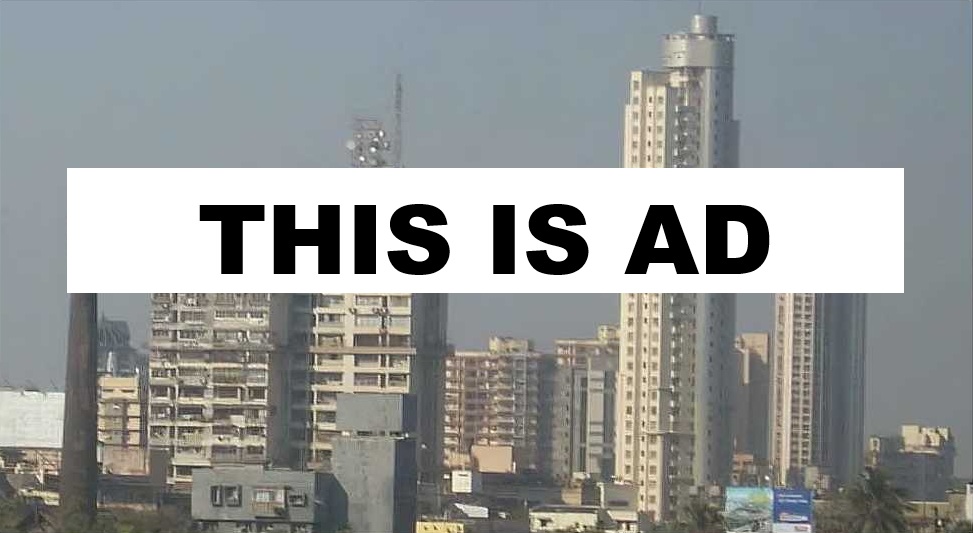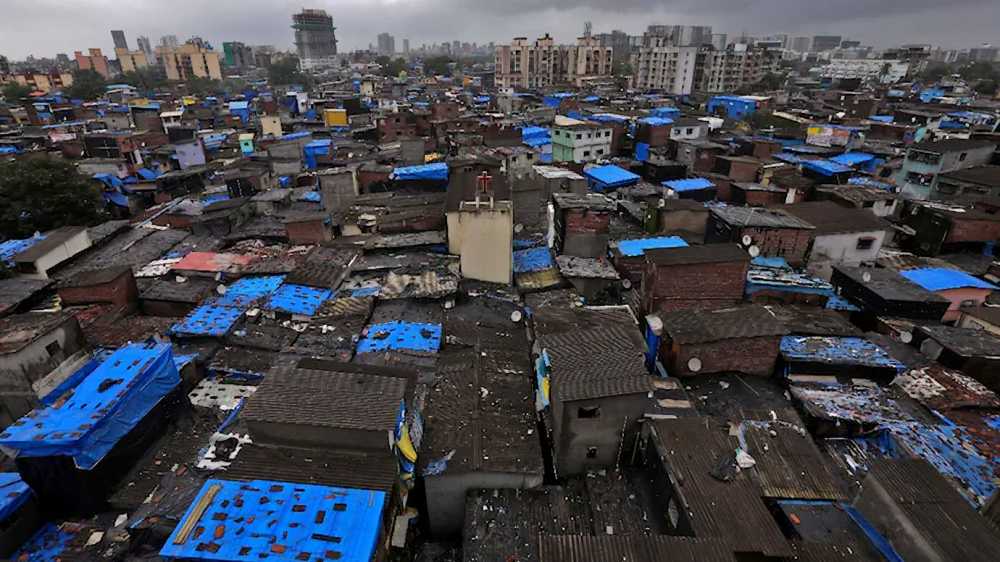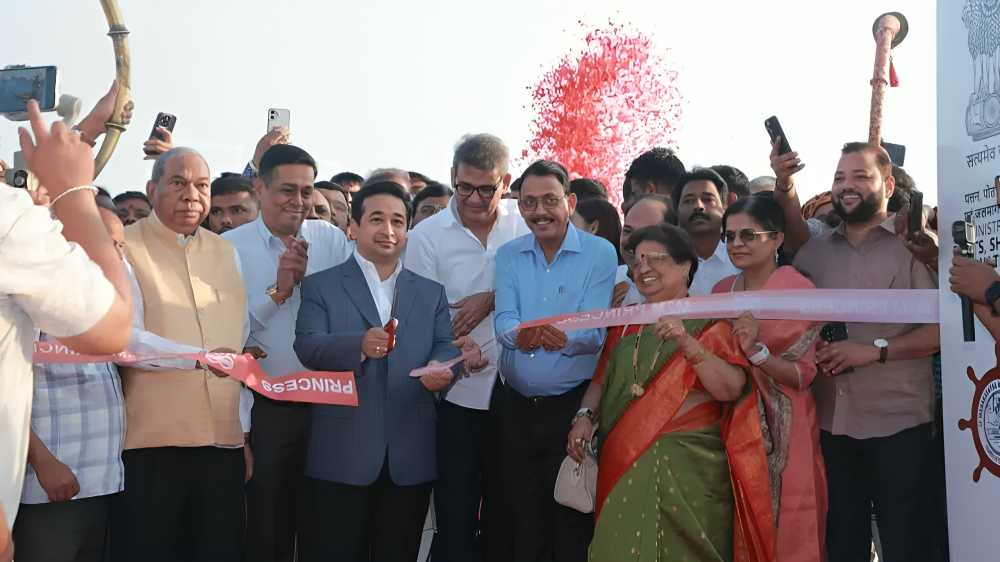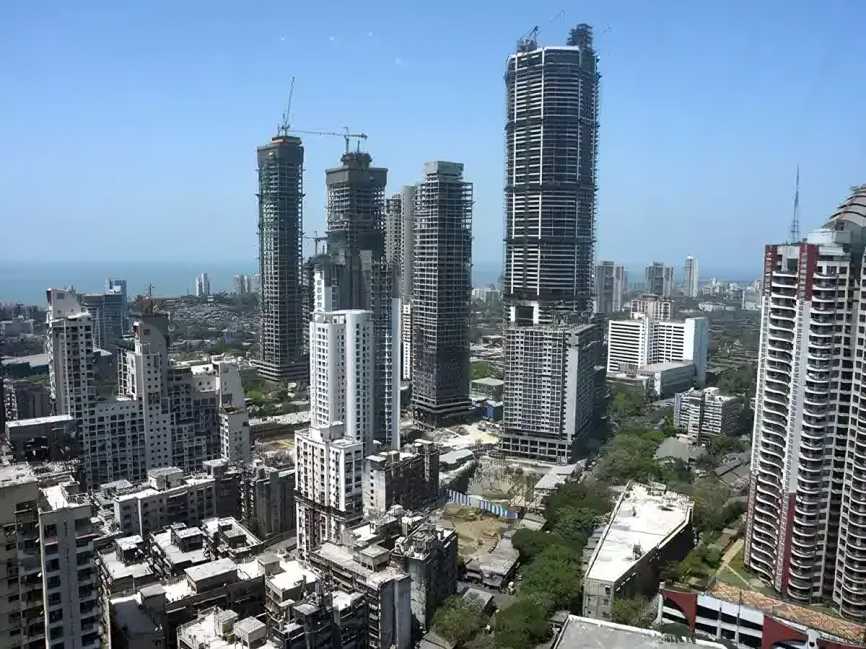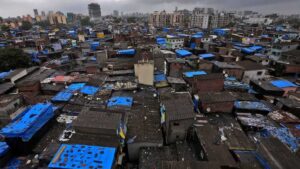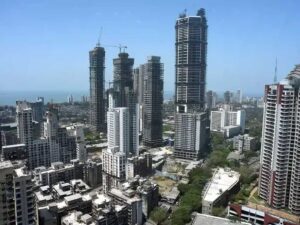July 14, 2025: The Bombay High Court’s directive on July 7, ordering the Brihanmumbai Municipal Corporation (BMC) to establish a special cell to identify and evict squatters and encroachers from city footpaths, has drawn a sceptical response from citizens and activists across Mumbai.
The directive followed complaints by residents of Tivoli and Evita Co-operative Housing Societies in Powai, who reported that pavements near their buildings were being encroached upon by squatters—many of whom were evicted from Jai Bhim Nagar last year. During that eviction, stone-pelting incidents were reported, heightening tensions in the locality.
Dr Pushpa Singh, a member of the Evita Society, said, “At first, we sympathised with those displaced, but they’ve now taken permanent possession of the footpath. It’s become a safety and hygiene issue—vehicles can’t pass, and the area is strewn with drying clothes.”
Citizen activists, however, argue that the issue extends far beyond Powai. In Juhu, AGNI trustee Zahida Banatwala highlighted that footpath encroachments dominate every civic meeting but rarely result in action. “We pay our taxes yet can’t walk on the pavements. The BMC’s inaction is unacceptable. With no corporators, it’s near impossible to engage with the system,” she said.
Colaba residents expressed similar concerns, especially given the area’s tourist importance. “Footpaths are overrun by food stalls and vendors. It’s not just an inconvenience—it’s a fire hazard,” said Subhash Motwani. “Colaba Causeway and Boman Cawasji Marg are practically unwalkable.”
BMC officials maintain that regular action is taken but acknowledge the recurring nature of the problem. “Encroachers return shortly after we clear them,” said a senior civic officer.
As encroachments grow citywide, citizens await visible, sustained action from the civic body following the court’s intervention.







